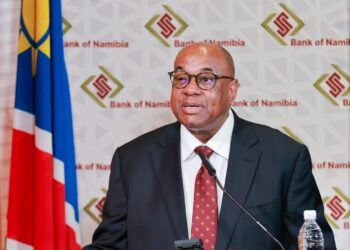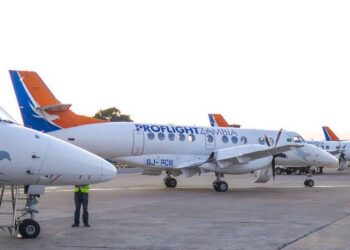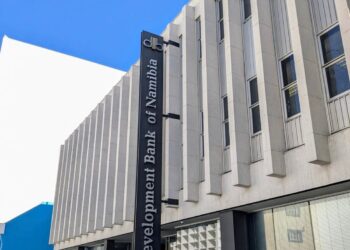
National power utility company NamPower says it has invested N$50 million in two mobile substations, which it expects to take delivery mid 2022.
A mobile substation is a self-contained trailer or container equipped with the necessary high and medium voltage components of a full substation, including power transformer, switchgear and disconnect switches, metering transformers, surge arresters, protection and control equipment.
The two mobile substations, named Rhino and Buffalo, are rated 20MVA, with multiple voltage ratios of 132/66kV to 33/11kV and 132/66kV to 22/11kV, are currently being manufactured by ABB South Africa, which got the contract in 2019.
“The mobile substations are strategic transmission assets aimed primarily at mitigating the risk posed by prolonged supply interruptions to the customer. The acquisition of the mobile substations will allow NamPower to better uphold its pledge of ensuring security of supply to the nation,†NamPower Managing Director Kahenge Haulofu said.
The NamPower Mobile Substations Project was mulled in 2016, with the main objective of providing security of supply during transformer failure at a substation, by enabling restoration of power supply through the mobile substations.
Â
The mobile substations, will also be used to facilitate an alternative temporary power supply where new installations, maintenance or upgrading must be conducted.
The latest announcement comes as rating agency Fitch has forecasted NamPower’s CAPEX to increase to about N$1.5 billion in FY22 and N$3 billion in FY23 and FY24, from less than N$500 million averaged over the last four years.
NamPower is currently undertaking five power generation projects and 11 transmission projects aimed at reducing its reliance on imported electricity, the majority of which will be funded through NamPower’s substantial cash and liquid assets.
NamPower at the end of June 2021 had N$3.8 billion cash in the bank and N$2.6 billion invested in money market accounts.
Fitch expects the projects to also increase the power utility’s operating costs in the medium term by about N$300 million on average.










